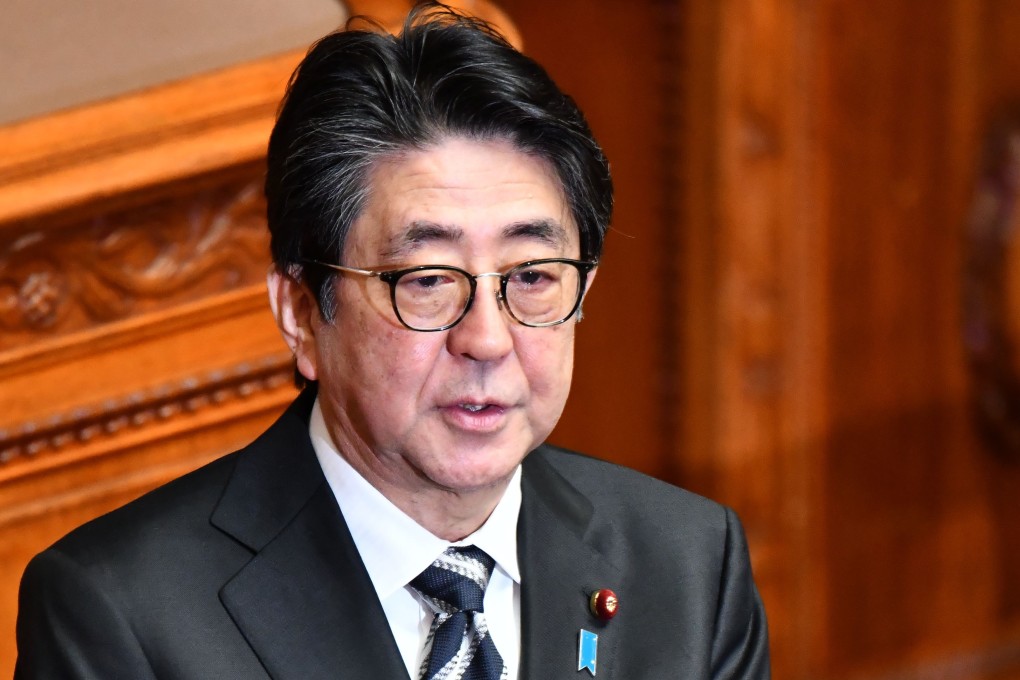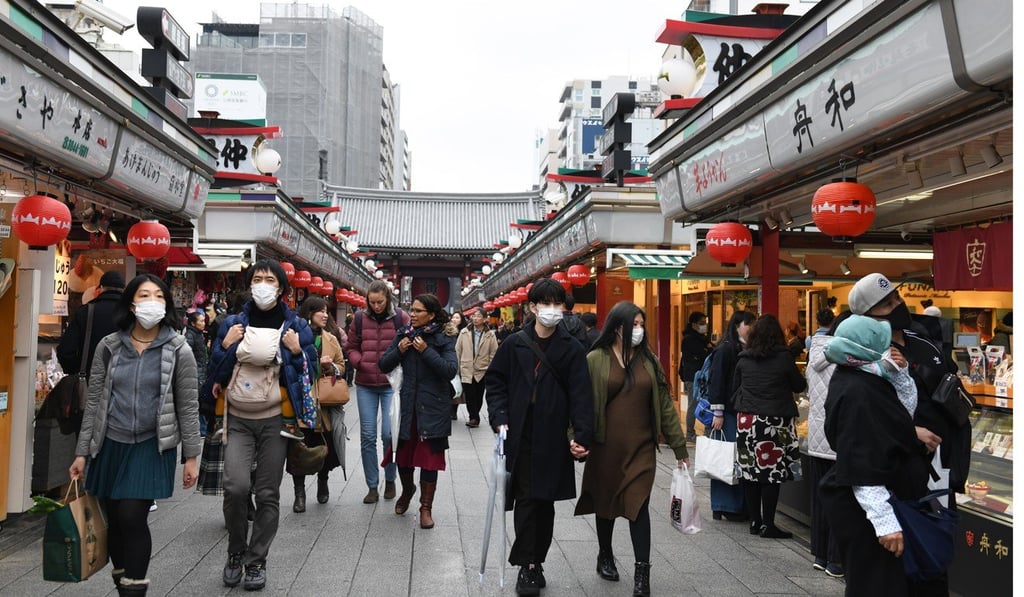Coronavirus: Japan fears new infection clusters as it debates emergency powers bill
- There were 59 new Covid-19 infections in Japan on Tuesday, as the Diet discussed a bill to give more powers to governors and PM Shinzo Abe
- Meanwhile the minister in charge of the Tokyo 2020 Olympics said it would be ‘inconceivable’ to cancel or postpone the Games

The sudden spike in new cases is no cause for serious alarm, said Kazuhiro Tateda, a member of the government’s task force set up to handle the crisis and president of the Japanese Association of Infectious Diseases.
He cautioned, however, that more clusters are likely to emerge in the coming days and weeks.
“The main reason that we saw an increase is because the government has stepped up testing, while this may also be explained as simply a daily variation,” he said.

“There are some areas where figures are higher, such as Hokkaido, although that cluster does look like it is improving,” he said. Japan’s most northerly prefecture has reported 111 cases in recent days, with the governor implementing measures designed to limit the further spread of the disease.